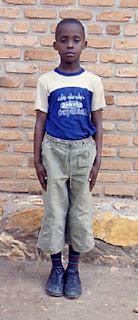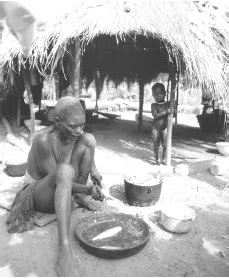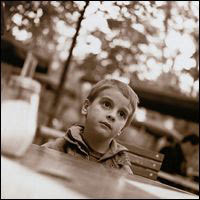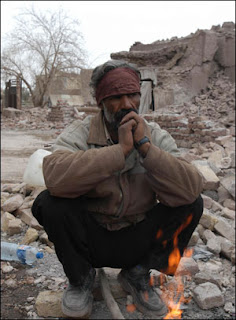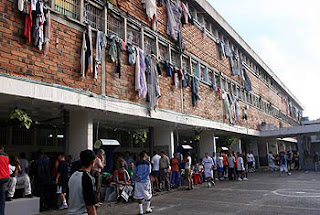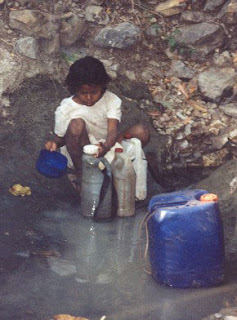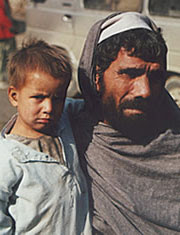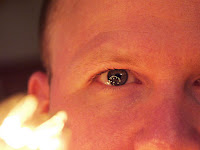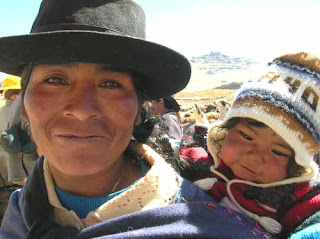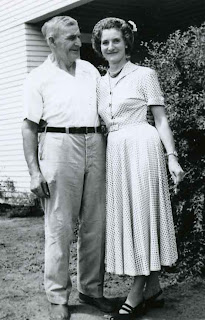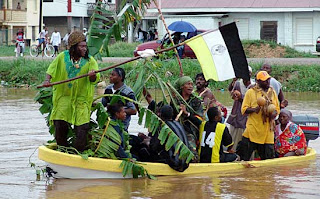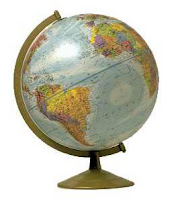lenten journey, day 34 —
a prayer for the mentally and emotionally troubled
 As humans living in a fallen and decaying world, there will be times when we must enter the deep end of the pool— that place where we feel our solid footing drop away, where we aren’t strong enough to keep our head above water for long, where we are in imminent danger of drowning. That place where heroic rescue seems our only hope.
As humans living in a fallen and decaying world, there will be times when we must enter the deep end of the pool— that place where we feel our solid footing drop away, where we aren’t strong enough to keep our head above water for long, where we are in imminent danger of drowning. That place where heroic rescue seems our only hope.Of all the deep-water experiences that life can throw at us, there is none quite so deep and frightening as mental/emotional illness. We are much more able to understand and weather a storm related to physical illness. Cancer, diabetes, HIV, heart attack, stroke…all these are tangible, scientifically explainable afflictions. Though treatment may fail and we may die from these illnesses, we can at least place our hope in God’s ability to heal us through medicine and science.
But mental and emotional illness can be so very mysterious. Who can grasp the inner workings of an unfathomably complex mind?
It is this lack of understanding that causes so many mentally ill people and their families to simply give up when years of treatment and counseling seem to yield little progress. Compounding an already difficult situation is the perceived stigma of mental illness and the lack of support that follows. Even the church seems unsure of how to reach out to those with emotional fragility, depression, schizophrenia, bipolar, suicidal tendencies, addiction, eating disorders, self mutilation, and other struggles.
Here is the greatest tragedy that can result when stigma and shame intersect with inadequate support for patients and families: the person struggling to regain mental health can be forsaken by their family, forgotten by their community, and abandoned to tread water in the deep end of life, all alone.
Is it surprising, then, that 25% of the homeless in the United States suffer from some form of severe and persistent mental illness? Or that 55% of men and 73% of women in state prisons have significant mental health disorders? Or that countless others who struggle with fragile minds must live out their days in complete isolation from family and community?
Prisons are not mental health facilities. Cold and dirty gutters are no place for the emotionally and mentally fragile to call home. And meal after meal eaten alone in an empty, lonely apartment is not Christ’s plan for abundant life.
I believe that we, as the church, must do a better job of loving people in the deepest of all life’s deep ends. We must strive to see the mentally and emotionally ill as Jesus does—with eyes of compassion and hands that reach out with love and healing.
Lord, I boldly come before your throne of grace in the name of Jesus, asking you to pour out your healing and rescue on the lives of the mentally and emotionally ill, and on their weary, frightened caregivers. You alone know the innermost workings of our minds, so you alone can bring complete healing and abundant living to those with mental afflictions. I ask you to bind up the brokenhearted and strengthen the fragile. How it will glorify your holy Name when the shattered are made whole again! Lord, would you please forgive me for all the times I’ve regarded mental and emotional illness as something too private and painful for my involvement? I see now that fragile people and their families don’t need to be left alone. They need to be embraced and encouraged with all the love I can give in your name. They don’t want me to ignore their pain, they want me to share it. Holy Spirit, would you show me when someone struggling in the deep waters of life needs a hug, or a meal, or a word of encouragement? Please, help me to love as you have loved me. Yes, and amen.
He heals the brokenhearted and binds up their wounds. — Psalm 147:3
My command is this: Love each other as I have loved you.
— John 15:12
